It is not the title of a new chapter in the “007” saga, but a fact: land Chinese electric cars are assembled with ‘love in Russia’.
Attention, let’s go beyond the irony since the month of August recorded +131.5% for the Russian car market alone, thanks to Chinese car brands.
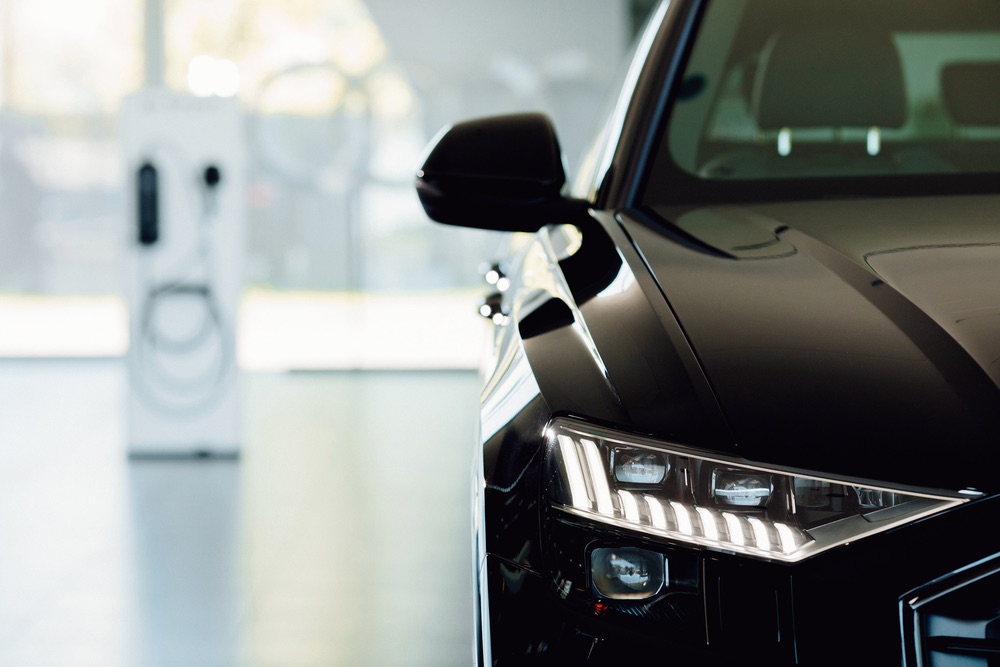 Chinese electric cars from Russia with love, source DepositPhotos
Chinese electric cars from Russia with love, source DepositPhotos
Thus China conquers the Russian market
Introduction: car market data from Russia I am tall because i Chinese brands are not subject to sanctions over the war in Ukraine. So, there is every interest from Beijing in assembling electric cars in Russia.
Some may point the finger at the alliance between the two nations, but this is not the place to discuss it.
Simply, the Chinese car manufacturers have only divided the market shares left free by the demise of the Western brands, eh call them stupid (ed).
Pneumatici.it – Search tires by size
When the numbers speak
Concretely, the data disclosed by AEB Automobile Manufacturers’ Committee they note that sales in Russia are growing by 42,3%. Let’s talk about +17,634 units compared to August 2022 reaching 59.332 unit.
Data aside, the fact is that the growth is due to the presence of Chinese brands, after many Western manufacturers (due to conflict) left.
While from January to August the market decreased by 4.3% to 392,493 units. But, as he points out Ppc Jsc (Passport industrial consulting) on sales of new vehicles – based on data relating to their transfer to owners – August gives a growth boost of 131,5% (+63,198 units) compared to 2022 and reaches 111,272 cars.
So between January and August the market grew by 29.5% to 610,651 vehicles. The president of AEB, Alexey Kalitsev, comments: “The volume of new cars and light commercial vehicles in August exceeded 110,000 units for the first time in a year and a half, which is a clear sign of the recovery and confirms our forecast of 1 million vehicles sold by the end year”.
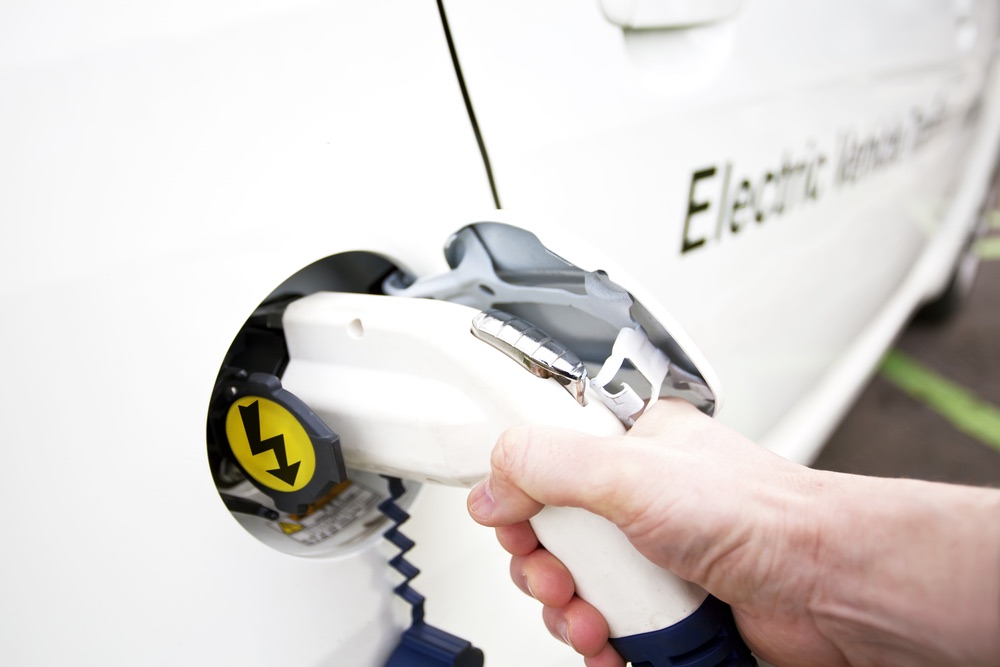 Chinese electric cars – from ‘Russia with love’, source DepositPhotos
Chinese electric cars – from ‘Russia with love’, source DepositPhotos
The stakes on the Russian car market are really high
After all, the builders are only populating all those factories that the Western brands liberated following the conflict.
Here everything is out in the open, as he states Xu Haidong, deputy head of the China Automobile Manufacturers Association: “Chinese manufacturers intend to assemble vehicles in Russia and localize production. There is still huge demand in the Russian market, but this will not necessarily be solely dependent on imports. Chinese car exports to Russia will still be in high demand in the coming months next 2-3 yearsafter which the Chinese auto industry will likely increase localization in the local market.”
The China has sold 464,000 cars to Russia since the beginning of 2023, we think it is followed by Mexico with 224,000 Chinese importsi, which was the main customer the year before.
Is the wind changing?
According to the photo taken now, yes, cars imported from China account for 49% of the Russian market compared to the old pre-war snapshot, where they only accounted for 7%, as per data provided by the analysis company Autostat.
Be careful, Russia is very big, as is China and according to a survey the used car market holds up Western manufacturers. That is to say, for most Russians, Chinese cars are a bit expensive and they prefer to find a cheap, safe used car, preferably a Western one.
We remember when Volkswagen it closed its Russian factories and stopped imports, maintaining only its Skoda brand, with a presence however reduced by 80%.
While, Land Rover, General Motors, Bmw, Mercedes, Stellantis and the group Hyundai-Kia, they preferred to leave. The road to nationalization instead affected the plant Nissan of St. Petersburg, bought by Kremlin for a symbolic sum.
Again, the AvtoVaz factory, where the majority shareholder Renault sold its 67.69% stake to Nami, a Russian scientific institute, for the sum of one ruble.
In conclusion, the Russian car market by linking itself to China has received a breath of fresh air, now analysts await the next moves, especially also linked to the evolution of the conflict with Ukraine.






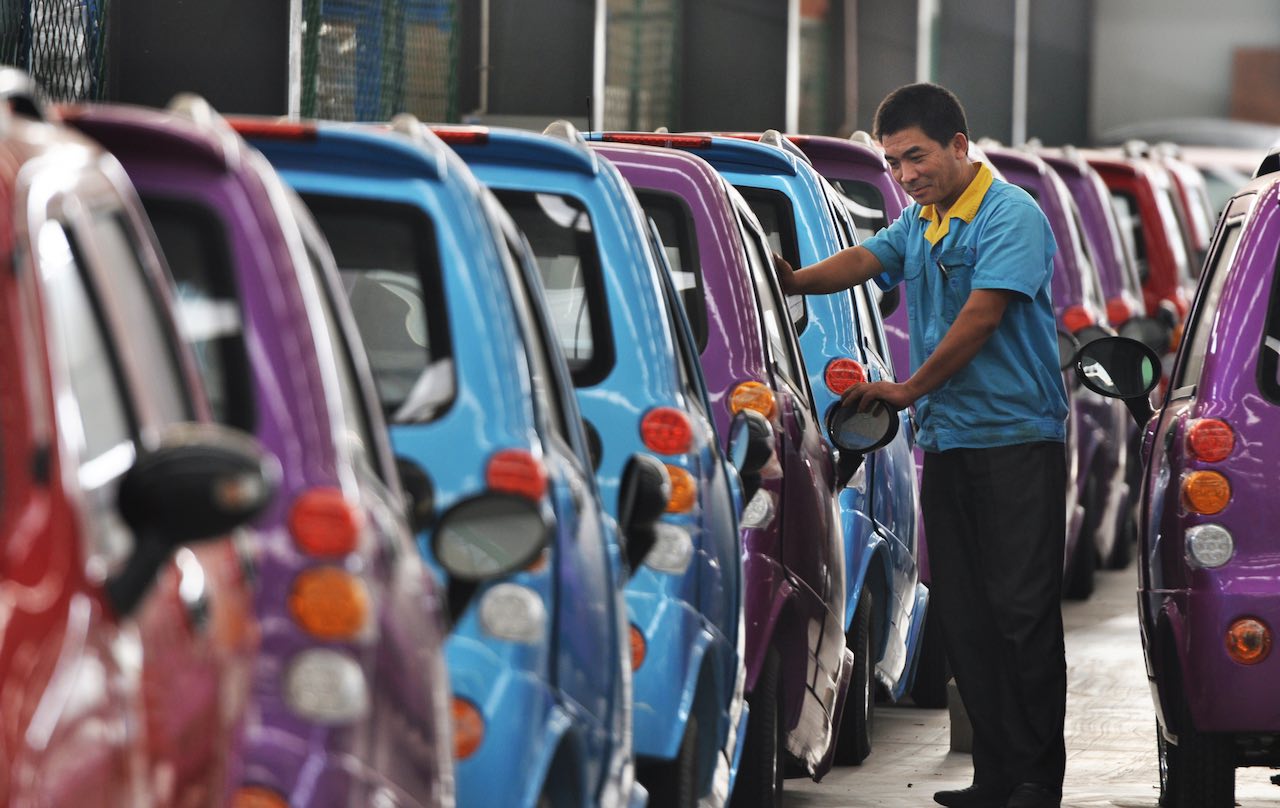





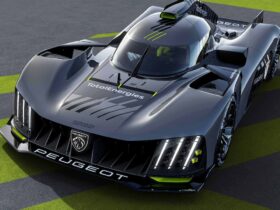
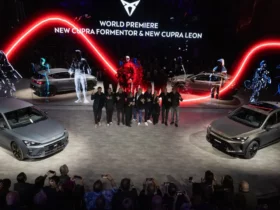


Leave a Reply
View Comments